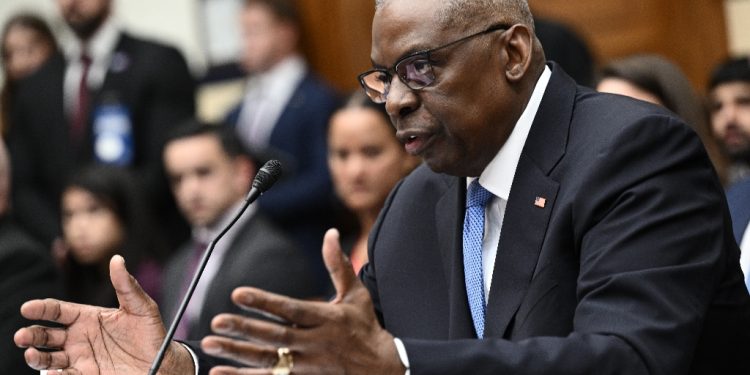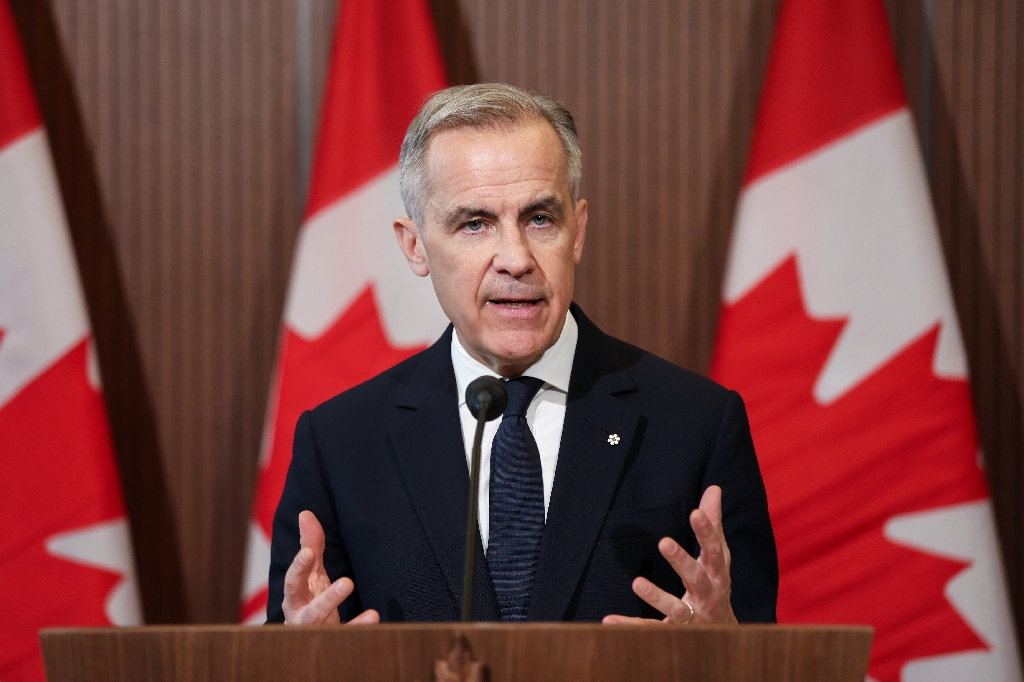US lawmakers sharply criticized Defense Secretary Lloyd Austin on Thursday over the failure to inform the White House about his hospitalization earlier this year for complications from cancer treatment. Both Democrats and Republicans expressed dismay over the secrecy, but the House Armed Services Committee hearing ultimately shed little light on why information had been withheld from other top officials.
“It’s totally unacceptable that it took three days to inform the president of the United States that the secretary of defense was in the hospital and not in control of the Pentagon,” Representative Mike Rogers, the committee’s Republican chairman, said during the hearing. “Wars were raging in Ukraine and Israel, our ships were under fire in the Red Sea and our bases were bracing for attack in Syria and Iraq. But the commander-in-chief did not know that his secretary of defense was out of action,” Rogers said.
The committee’s ranking Democratic member, Representative Adam Smith, said “the lack of transparency” should not be repeated and that “we need clearer, more transparent information about what’s going on at the Pentagon.”
Austin insisted “there was never a break in command and control,” but said that “what we didn’t do well was a notification of senior leaders.” The Pentagon chief repeated that he “never told anyone not to inform the president, White House or anyone else about my hospitalization,” admitting however that “we didn’t get this right.”
Austin, a 70-year-old career soldier, initially underwent minor surgery to treat the cancer on December 22, returning home the following day. But he was readmitted due to complications including nausea and severe pain on January 1. The White House was not informed about Austin’s hospitalization until January 4, while Congress was not told until the following day, and Biden did not learn of the cancer diagnosis until January 9.
Various Republican lawmakers called for Austin — who apologized earlier this month for the secrecy surrounding his treatment — to be sacked, but Biden has stood by him. The Pentagon conducted a 30-day review of the situation and released a summary on Monday that said privacy concerns contributed to the secrecy, but found no evidence of intentional wrongdoing or obfuscation.
© 2024 AFP





